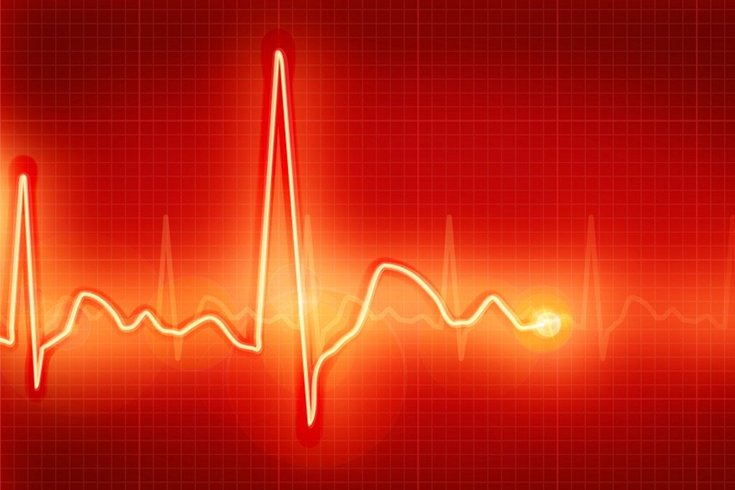
April 26, 2024
 Source/Image licensed from Ingram Image
Source/Image licensed from Ingram Image
Atrial fibrillation may be much more common in adults under 65 than the 2% previously thought, according to a new study out of the University of Pittsburgh Medical Center.
Atrial fibrillation, a condition that causes irregular heart rhythms, traditionally has been viewed as a problem mostly affecting older adults. But a new study suggests AFib is becoming increasingly common – and more deadly – in young people.
AFib can lead to blood clots, stroke, heart failure and other serious conditions. The American Heart Association projects that more than 12 million people will have AFib by 2030.
A 2001 study found that 9% of Americans age 80 and older had AFib, compared to less than 1% of Americans age 55 and younger.
But new research out of the University of Pittsburgh Medical Center found that more than 25% of the 67,000 patients who sought care for AFib from 2010 through 2019 were under age 65. That's more than 10 times higher than the 2% prevalence rate commonly estimated.
"At UPMC, we've been seeing a lot more young patients with AFib in recent years and have been interested in understanding the real-world clinical course of these individuals," said Dr. Aditya Bhonsale, a UPMC cardiac electrophysiologist.
Researchers reviewed the medical records of 67,221 adults who received care at UPMC clinics and found that survival rates for men with AFib were 1.3 to 1.5 times worse than for those without arrhythmia. Among women with AFib, survival rates were 1.82 to 3.16 times worse. Patients with AFib were more likely to die or be hospitalized for heart failure, heart attack and stroke.
The patients studied also had high rates of cardiovascular disease risk factors, including smoking, obesity, hypertension and sleep apnea, which contribute to damaging structural and electrical changes in the heart over time, according to the researchers.
"We are optimistic that data from this study will foster future investigation to evaluate optimal therapies for patients with AFib," said Dr. Sandeep Jain, a professor of medicine at the University of Pittsburgh and the study's senior author .